Elmer Bernstein 1922-2004
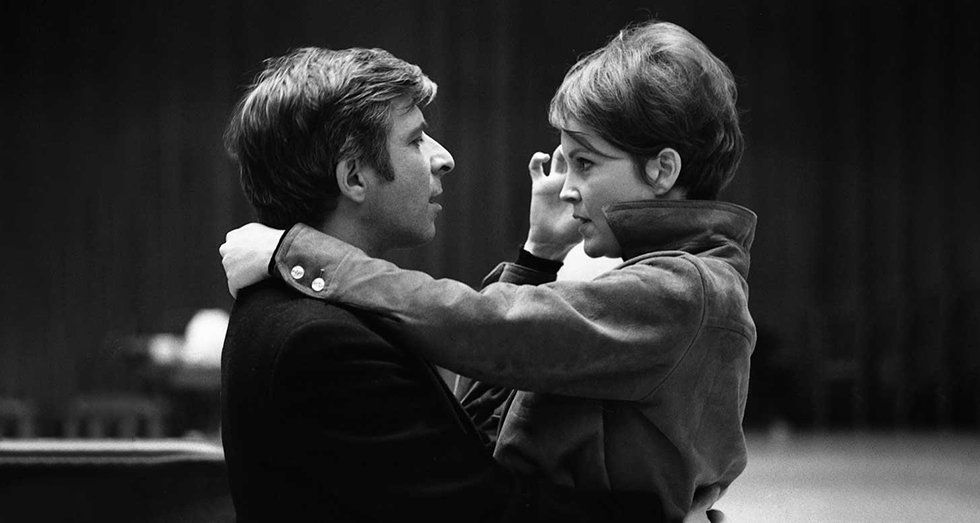
In many respects Elmer Bernstein represents the other side of the film composing coin to my first interviewee in this series, Miklos Rozsa. Bernstein’s career in this department took shape during the Fifties - the period which saw the decline of the big studio ethic and the neo-romantic approach to scoring, and the rise of television - and consolidated itself during the Sixties, effortlessly encompassing the demands of TV and such potential bêtes noires as theme songs, etc. Bernstein has been equally prodigious in other fields: ballet and dance music, incidental stage music, a musical (HOW NOW DOW JONES, 1967), documentaries, and over 20 TV series and documentaries. At the time of the interview he had just finished scoring the series THE CAPTAIN AND THE KINGS and considered it amongst his very best work, stressing the fact that, in America at least, TV was now a vitally important source of income and experience for any film composer.
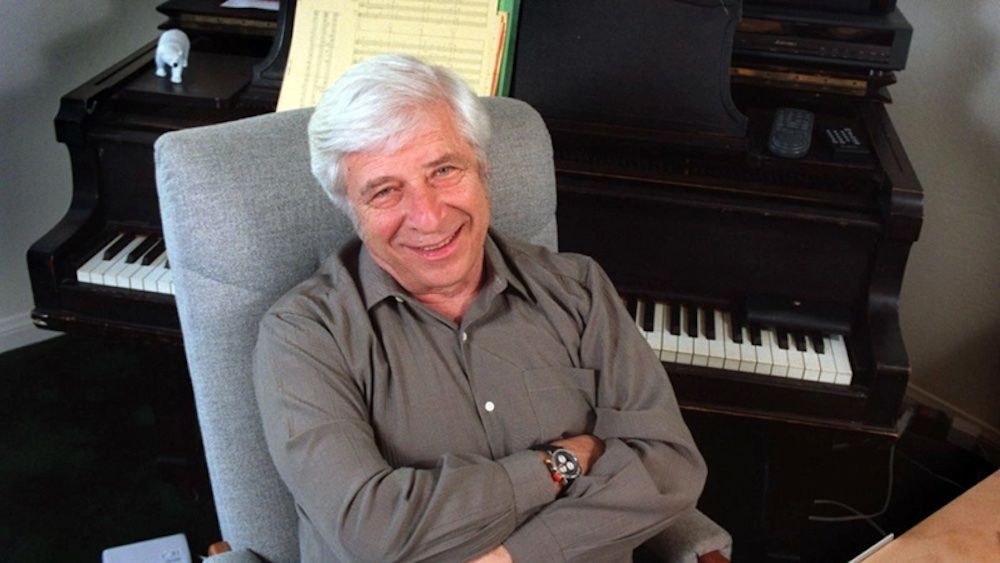
Transcribing an interview from a cassette is one of my least favorite activities as far as editing this magazine is concerned. Transcribing this interview, however, was pure pleasure. Elmer Bernstein looks and sounds much younger than his 71 years. He's funny, he's an excellent raconteur, he has a prodigious memory for anecdotes, and I suspect he is something of a bon vivant. We met him briefly last October when he was at the Ghent Film Festival to introduce Martin Scorcese's AGE OF INNOCENCE. - LVDV.
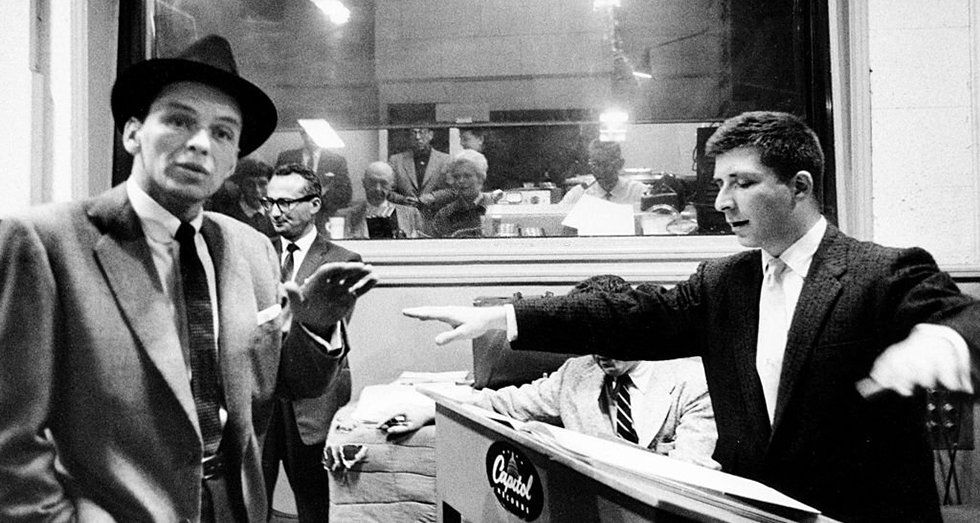
The events of the past few years in the field of film scoring seem to indicate that any discussion on this great art may indeed have to be a historical summary at the end of its era of greatness. As a working film composer and an evolutionary product of the works of Aaron Copland, Bernard Herrmann. Max Steiner, Erich Korngold, Hugo Friedhofer, Franz Waxman, Alfred Newman, David Raksin, George Antheil, Miklos Rosza, Dimitri Tiomkin, and Bronislau Kaper, and a contemporary of Alex North, Jerry Goldsmith, Henry Mancini, Lalo Schifrin, and Andre Previn, I find it inconceivable that this sophisticated art has in such a short time degenerated into a bleakness of various electronic noises and generally futile attempts to “make the pop Top 40 charts.” Today the trend is most obviously to the non-score, the song form, and General Electric. It appears that the king is dead and the court jester has been installed in his place. Before we consider the causes of death, let us first proceed to an examination of the corpus w
Scoring Session

The newly bloodied CAPE FEAR is haunted by a rapist seeking biblical vengeance from the lawyer who betrayed him to 14 years of imprisonment. Director Martin Scorcese has thrown the story into his favorite swamp of twisted morality, having the attorney's family caught between revulsion and attraction for the stalking rapist. Though he pays the first CAPE FEAR movie homage with star cameos and shot-for-shots, the filmmaker takes his greatest pleasure by splattering its brooding tension into kinky sex and savage gore. Scorcese has remained canny enough to preserve the stuff of the original's nightmares.

Elmer Bernstein’s recent work in cinema has included quite a few youth-oriented comedies such as ANIMAL HOUSE, STRIPES, TRADING PLACES and others, many of which have been produced by Ivan Reitman and directed by John Landis, filmmakers with whom Bernstein has established an ongoing collaboration. Many of these films have highlighted in their music popular rock and roll songs, often to the chagrin of Mr. Bernstein who has been quite outspoken in the past against the use of songs in lieu of authentic underscoring. In the following interview, conducted shortly after the release of GHOSTBUSTERS, during June, 1984, Bernstein spoke candidly about his work on that film as well as his feelings about rock music versus symphonic scoring.
Behind the Screen
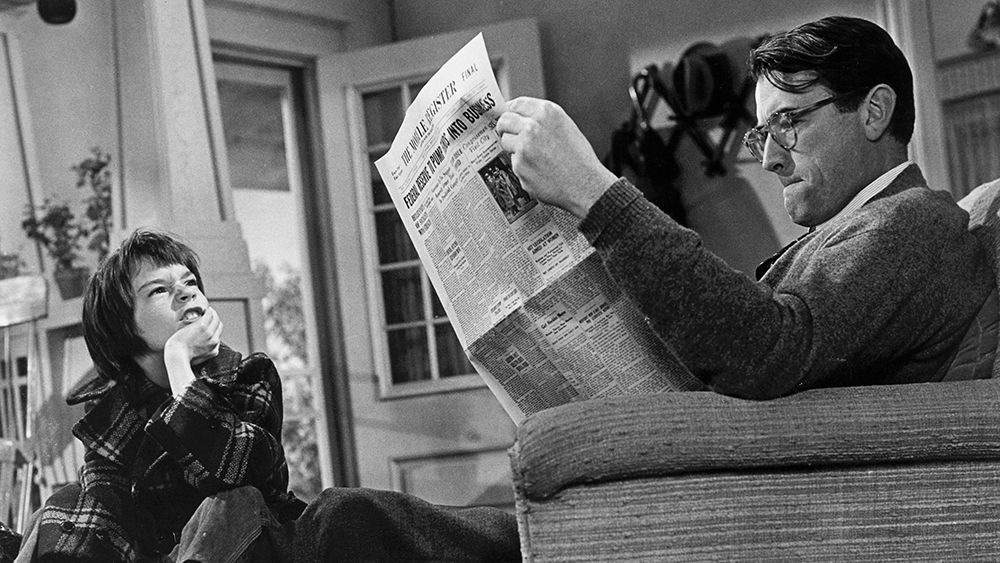
The American Film Institute announced in June its list of “100 Years… 100 Movies,” a ranking of one hundred of America's best films made since the Edison Company first projected motion pictures at a public exhibition in New York City in April, 1896, as part of a vaudeville show featuring live acts. TO KILL A MOCKINGBIRD, released in 1962, was ranked thirty-fourth, just after THE TREASURE OF THE SIERRA MADRE, ANNIE HALL, THE GODFATHER PART II, and HIGH NOON, and ahead of JAWS (forty-eight), VERTIGO (sixty-one), FORREST GUMP (seventy-one), and YANKEE DOODLE DANDY (one hundred). Why did fifteen leaders from the American film community place Mockingbird on this list, and what does this tell us about the movie and therefore the score?
Reviews
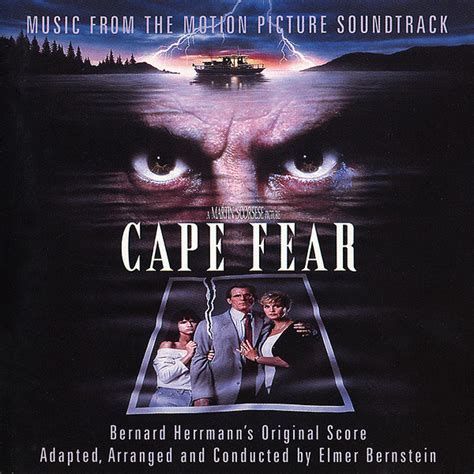
Many Hermann fans approached the 1991 version of CAPE FEAR with both hope and trepidation, wondering exactly how Elmer Bernstein would arrange Hermann's score from the original 1962 version. Therein lies the trick to enjoying this score to the fullest: put the 1962 version out of your mind. If one approaches this adaptation with expectations of hearing the old score verbatim, disappointment will result.
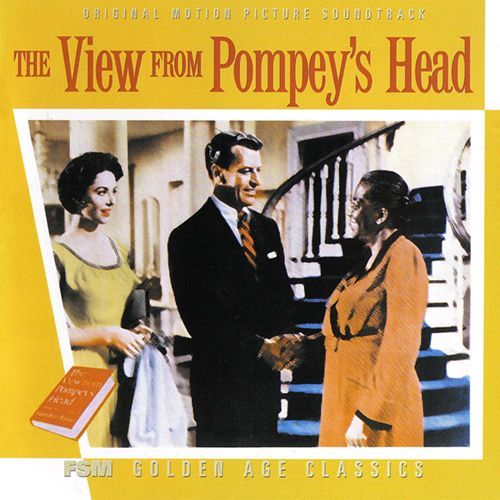
If anyone neeads proof that Elmer Bernstein and Bernard Herrmann are among the greatest film music masters, then this disc should provide it. It contains the scores for two lesser-known films from the 1950s. Both scores have more to offer than the films themselves, yet the scores don’t call attention to themselves in any overindulgent way. They also have something else in common: both films were directed by Philip Dunne. He had been an admirer of Herrmann ever since working with him on THE GHOST AND MRS. MUIR.
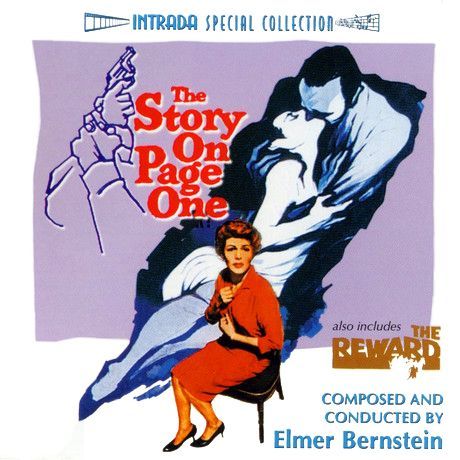
The composer complied in his best fashion. The music is dramatic and assertive, brass intoning harshly over timpani and hard-fingered piano (“Main Title / Freeway”) in a very strident statement of force, against which a soaring violin melody plays. The mix of the melodic strings and the harsh, percussive measures of the brass and piano emphasize the dichotomy of tension and passion found in the film. It’s a thrilling opener.
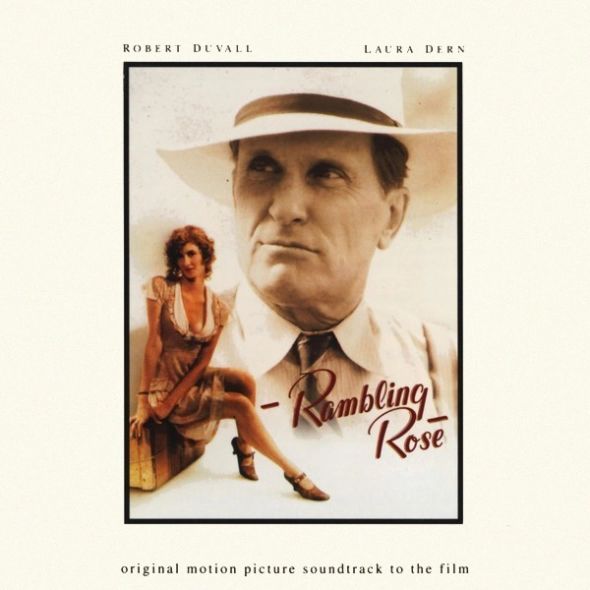
While critics raved about this film, I was disappointed by the dramatic contrivances of what was essentially character study. True, the acting was uniformly brilliant, but why did reviewers love it so much? I suspect Elmer Bernstein’s score a had a lot to do with it. The atmosphere, nostalgic sense, and even the acting were all elevated by the extraordinary score that graced this picture. As in vintage Hollywood films, the music was featured prominently in the soundtrack, taking on a role as strong as any character.

The Gypsy Moths (1969) is an overlooked drama made by John Frankenheimer, better known for The Manchurian Candidate, Seven Days in May, The Train, Grand Prix, Black Sunday, Ronin and other hard-hitting, technically accomplished action-adventure-dramas. It was the second Frankenheimer picture scored by Elmer Bernstein, though the first on which they actually worked together; the director already having left The Birdman of Alcatraz by the time the composer arrived. Both films happened to star Burt Lancaster, though they couldn't have been more different in setting, from the cramped confines of a notorious prison to the wide open vistas of a skydiving drama.
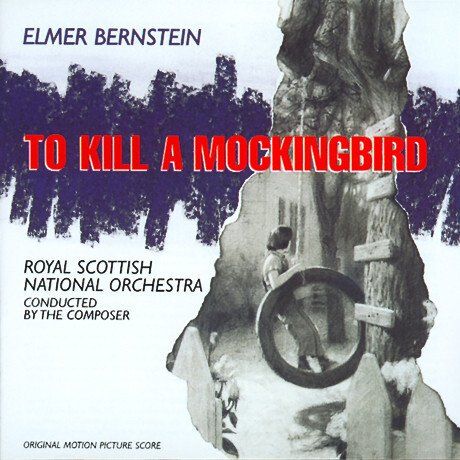
The 1962 film, To Kill A Mocking Bird was one of the most memorable and distinguished films to have emerged from Hollywood. Indeed it was critically acclaimed and highly praised for its enlightened social conscience and evocative atmosphere. It won three Oscars - for Best Screenplay, Best Actor (Gregory Peck) and Best Art Direction - Set Direction. It also scooped five Academy Award nominations for Best Picture, Best Director (Robert Mulligan), Best Cinematography, Best Supporting Actress (juvenile actress, Mary Badham) and Best Music Score (Bernstein).



